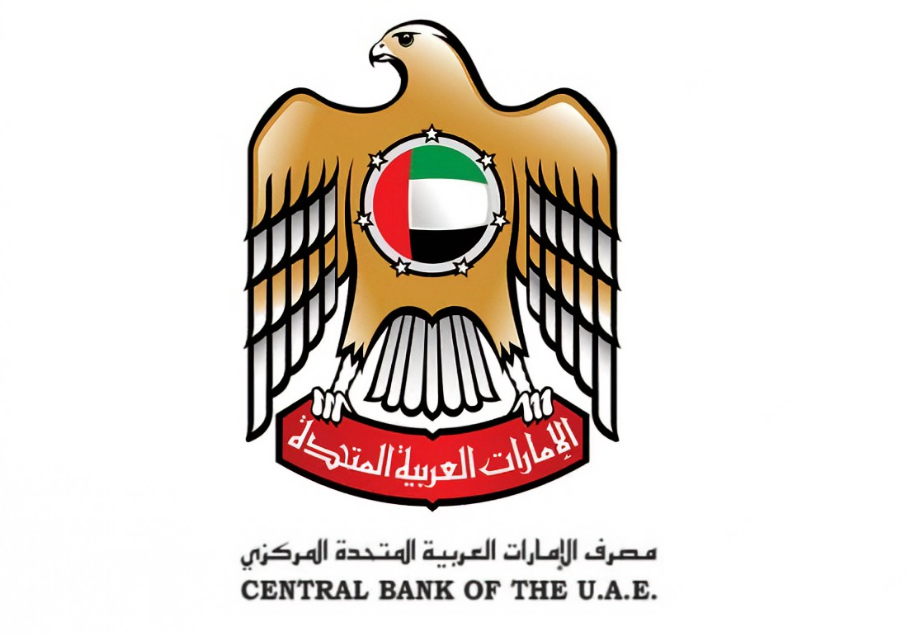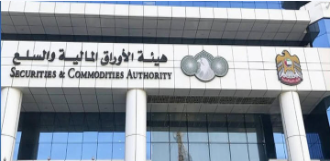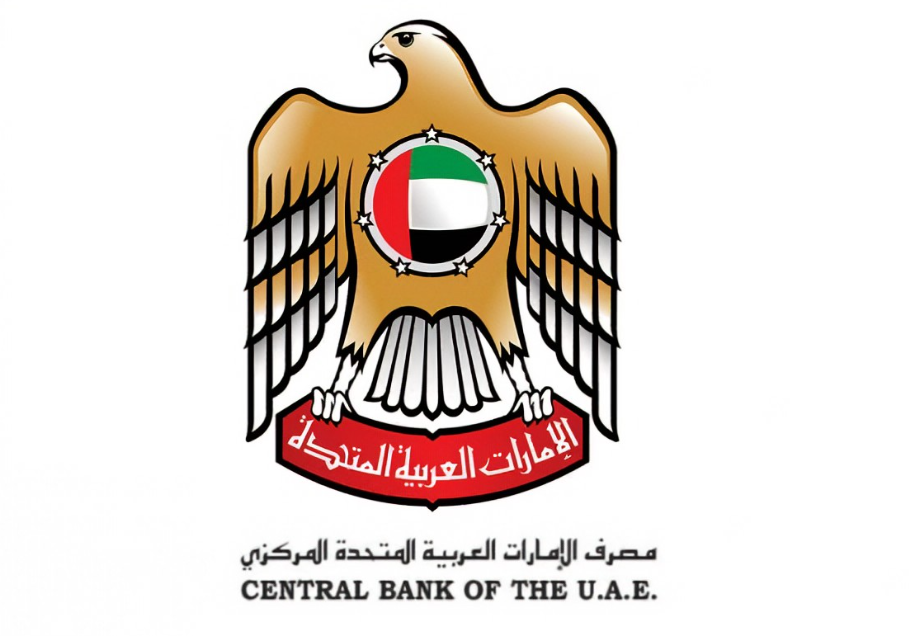Insights: How the UAE is setting the stage for an impactful COP28
As part of the First Abu Dhabi Bank (FAB) delegation that was on ground at COP27, I witnessed the leadership of the UAE address the conference and call to nations to unite in their efforts to tackle the challenges facing the world.
The UAE’s President Sheikh Mohamed Bin Zayed Al Nahyan told the audience: “We have only one planet, and with that in mind, it is imperative that we partner and work together in a spirit of determination and optimism to address this common challenge through climate action.”
The overall tone of his address sought to make clear that collaboration is not optional, but essential if we are to turn the tide on the climate crisis.
At the same time, our delegation was there when the UAE announced its national net-zero by 2050 pathway. The pathway defines the nation’s climate ambitions with an absolute emission reduction target of 18 per cent compared to updated second NDC by 2030, 60 per cent by 2040, 100 per cent by 2050.
This announcement is highly significant as it outlines much of the ‘how’ in the journey towards a greener tomorrow – it helps us all visualise the road towards our goal of net-zero carbon emissions.
The pathway also reaffirms that engagement, action, acceleration, and adoption will all be needed. As the largest bank in the UAE, FAB will be a catalyst in bringing these developments to life.
At COP27, FAB’s participation was especially meaningful as we explored the opportunities as well as the challenges that net-zero brings. We hosted and participated in several high-level panel discussions on important topics, such as the future of hydrogen, how to scale sustainable finance, and the progress of the Net-Zero Banking Alliance (NZBA).
We also launched research papers during the conference which focus on critical themes such as the development of hydrogen as a potential future fuel; and how the UAE is spearheading the evolution of sustainable aviation fuel.
Alongside this, at FAB we believe that the youth are the agents of change when it comes to sustainable development. Whenever I get the chance to speak with young people in the UAE such as school and university students, I am always captivated by their sense of awareness and responsibility. In particular, how they want to directly engage with and act upon environmental issues to ensure that the tomorrow they inherit will be much greener than today.
At COP27, we held a competition where we asked young people to put forward their views on sustainability in business. The purpose of that competition was to enable younger people to understand the financial components relating to sustainability and the interplay between finance and sustainable development.
It’s my overall view is that COP27 brought to light several key discussions around that practical solutions required to tackle the climate crisis. The conference emphasised the crucial role that banks play in helping us to actually get to net-zero, in particular how banks are financing the transition needed across global economies and societies.
I believe that in the 12 months leading to COP28 the focus on banks will grow in increasing relevance as more and more financing is unlocked to enable the transition.
In recent years the UAE has grown into a leading voice that shapes the global climate agenda – and at FAB, we believe that the UAE Net Zero by 2050 Strategic Initiative as well as the Net Zero by 2050 pathway serve to bolster the UAE’s climate credentials. Most importantly, what we see is that the UAE is making good on its climate pledge by connecting words with action.
With a target of $75bn in green financing for the period 2022-2030, FAB is a strategic enabler of the UAE’s sustainable future – we’re also walking the talk on our own climate commitments.
In 12 months’ time when the eyes of the world will fall upon the UAE, we’re confident that the nation will deliver the most impactful COP yet.
























































First, please LoginComment After ~